5 Lesser-Known Impacts on Accuracy

Process variables like temperature, chemical reactions, and seemingly innocuous factors like sensor orientation all contribute to the reliability of a process’s accuracy.
What Happens When a pH Sensor Dries Out? (And How to Fix It)
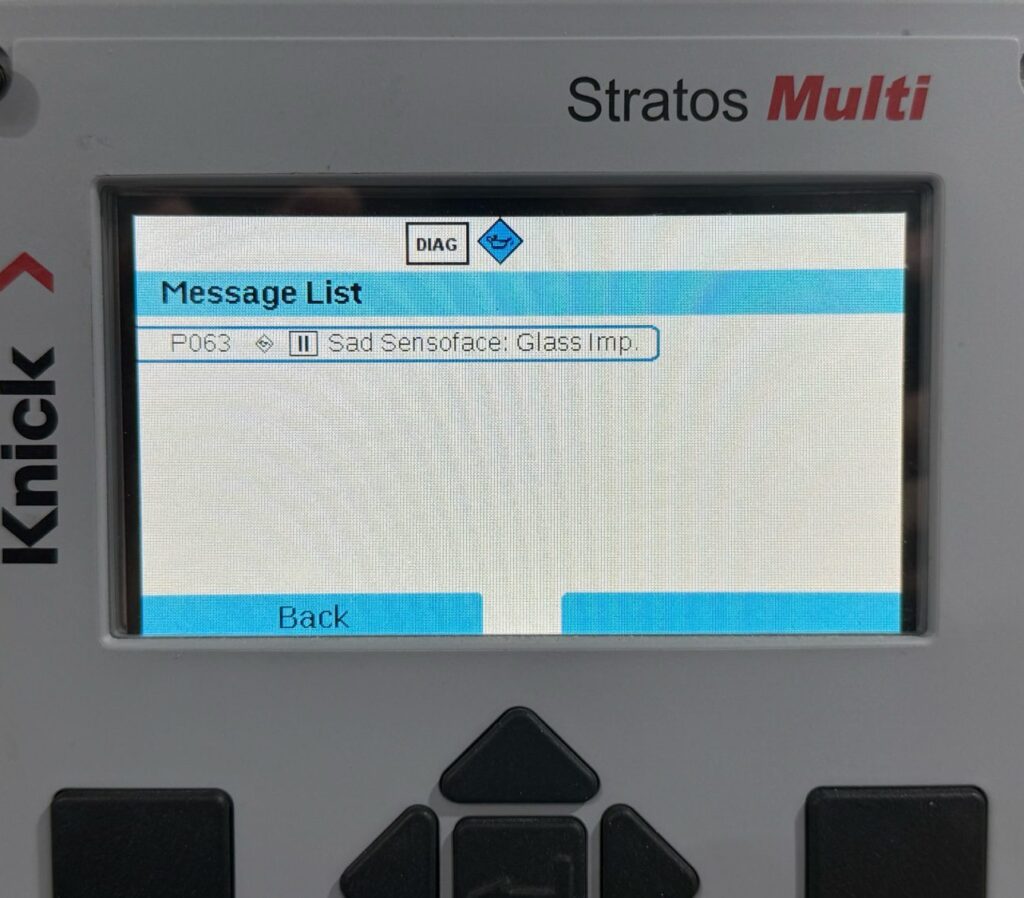
For glass electrodes, possibly the most important need for long-term sensor health is the hydration of the sensor bulb.
From Beers to Beakers: A Brief History of pH
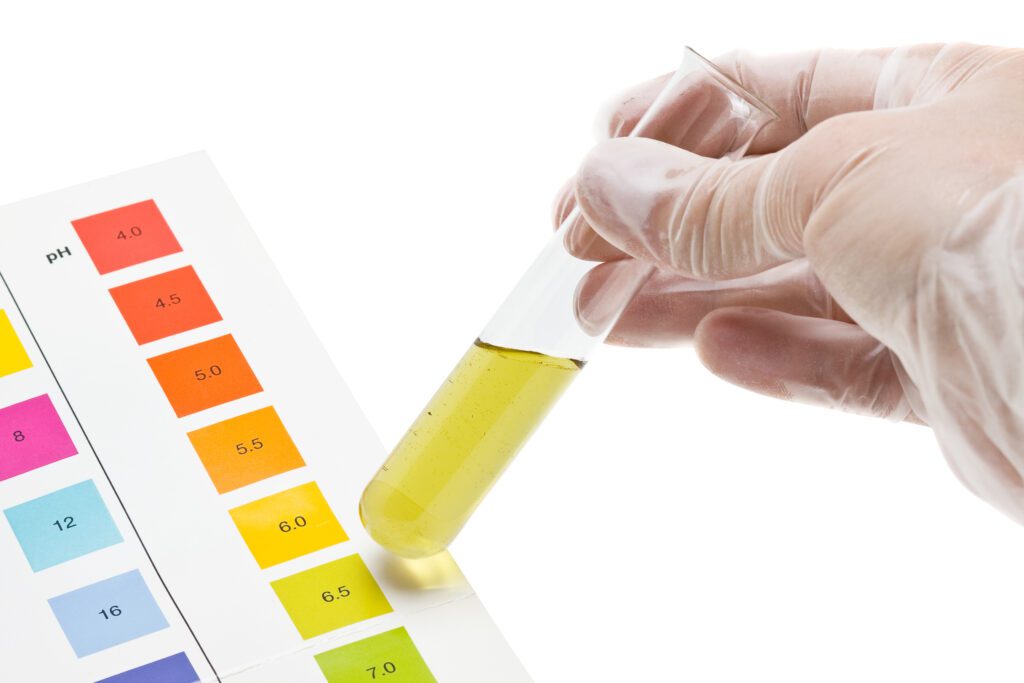
In this little history lesson, we’ll skim through the origins of pH from its conceptual birth all the way to its impact on the modern industrial world.
The Essential pH Calibration Checklist
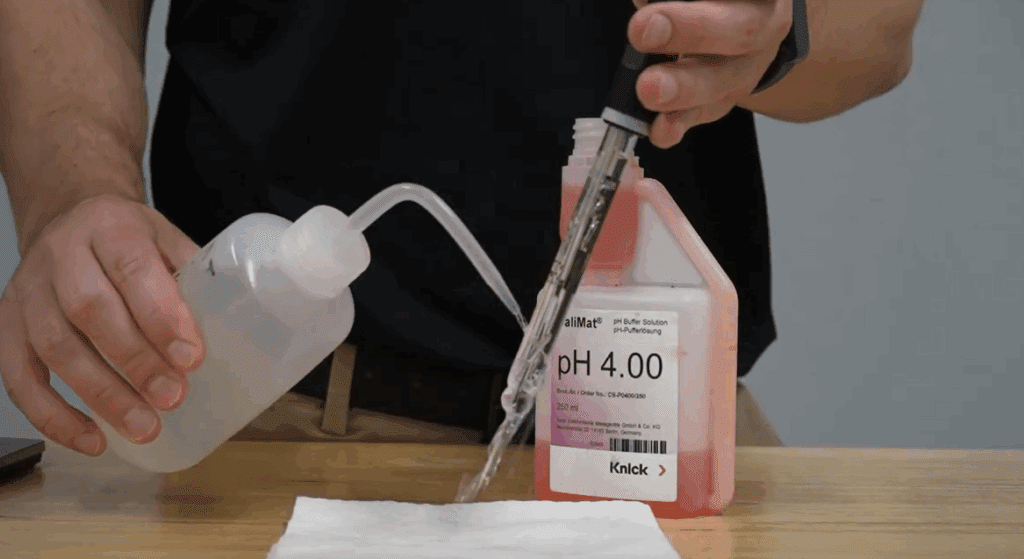
Accurate pH readings are critical in any manufacturing process, and it all starts with a properly calibrated sensor.
Understanding the Relationship Between pH and Conductivity
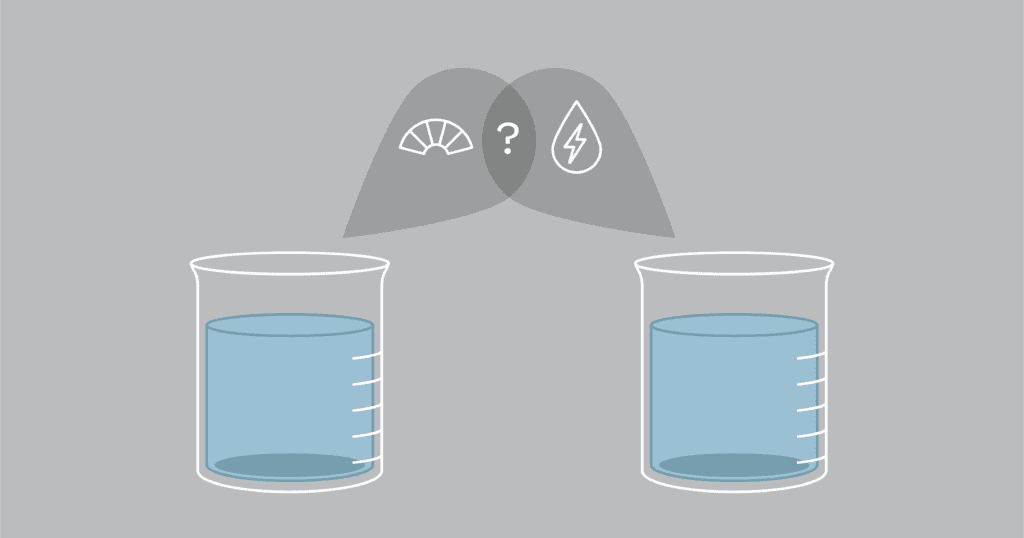
Though the two parameters do not inherently influence each other, their correlation arises from the influence of free-flowing ions on both.
Five Things to Avoid When Calibrating a pH Sensor
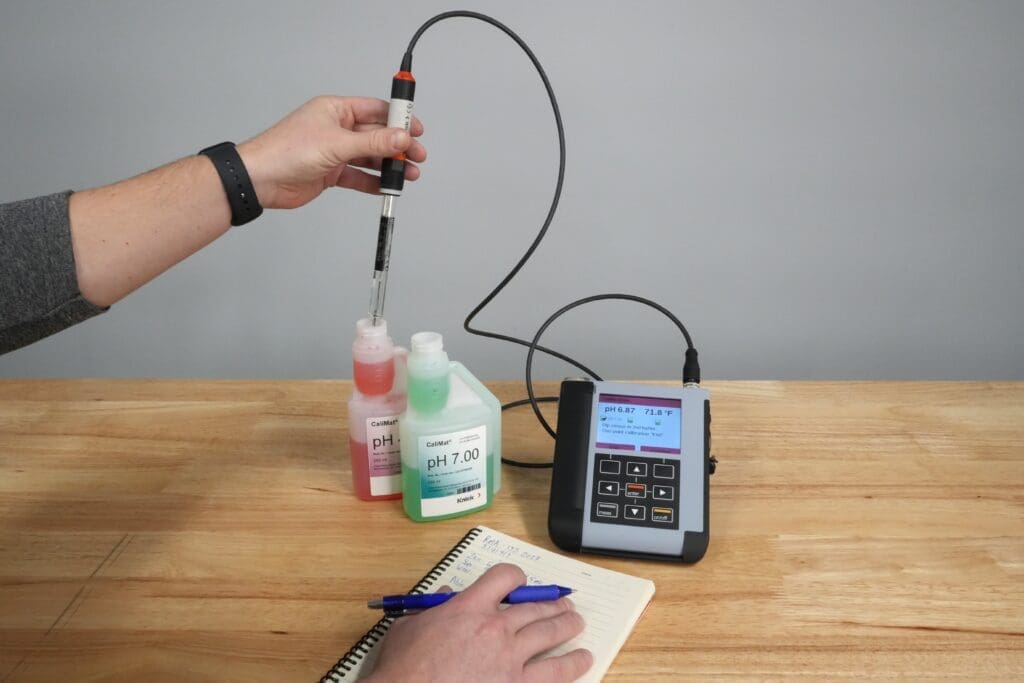
During the calibration procedure, there are several key moments that require careful consideration to ensure you maintain the utmost accuracy.
Characterizing pH Membrane Glass Types
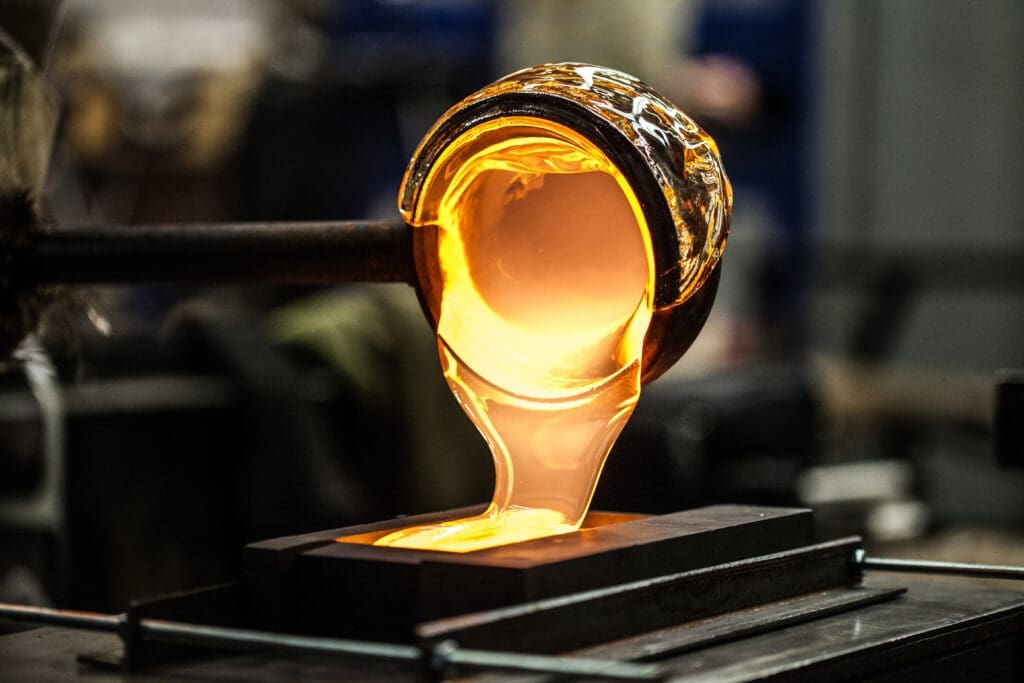
Various types of pH sensor glass are designed to optimize performance in different applications, environments, and sample types.
Analyzing pH Sensor Junctions
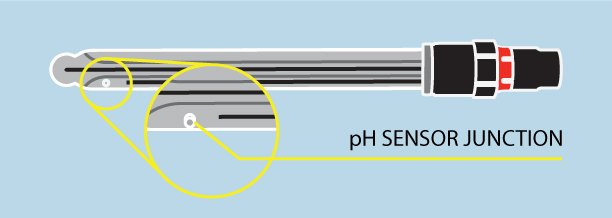
Choosing the right junction style for each application is essential for your sensor performance.
How Does a pH Sensor Work?
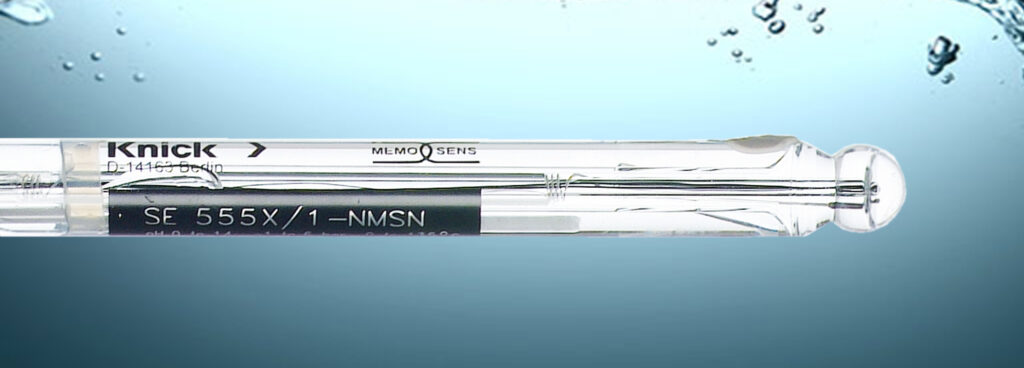
When most people think of pH measurement, they typically recall the litmus paper tests from elementary school…
Generate Secure pH Calibration Certificates
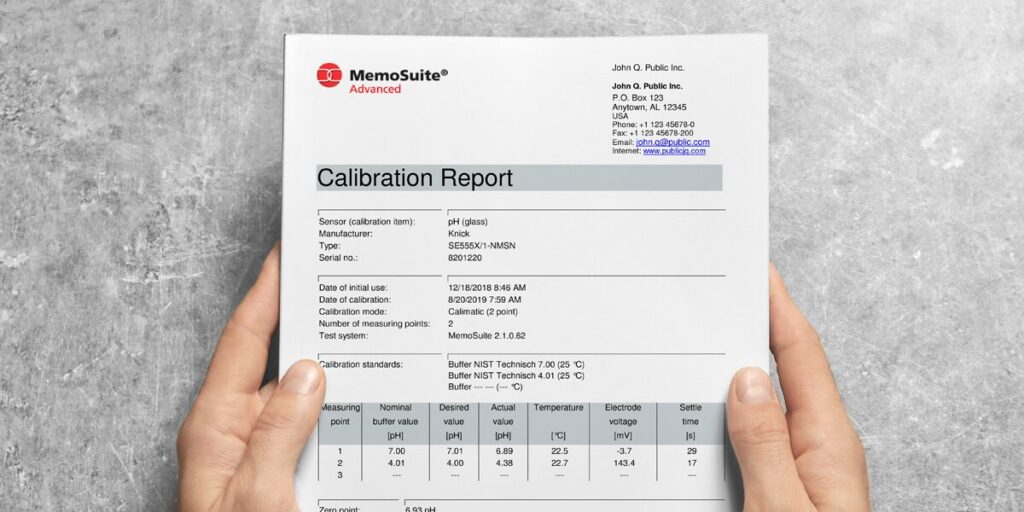
Documenting calibrations to ensure accuracy and compliance can be a timely and cumbersome task for many end-users
